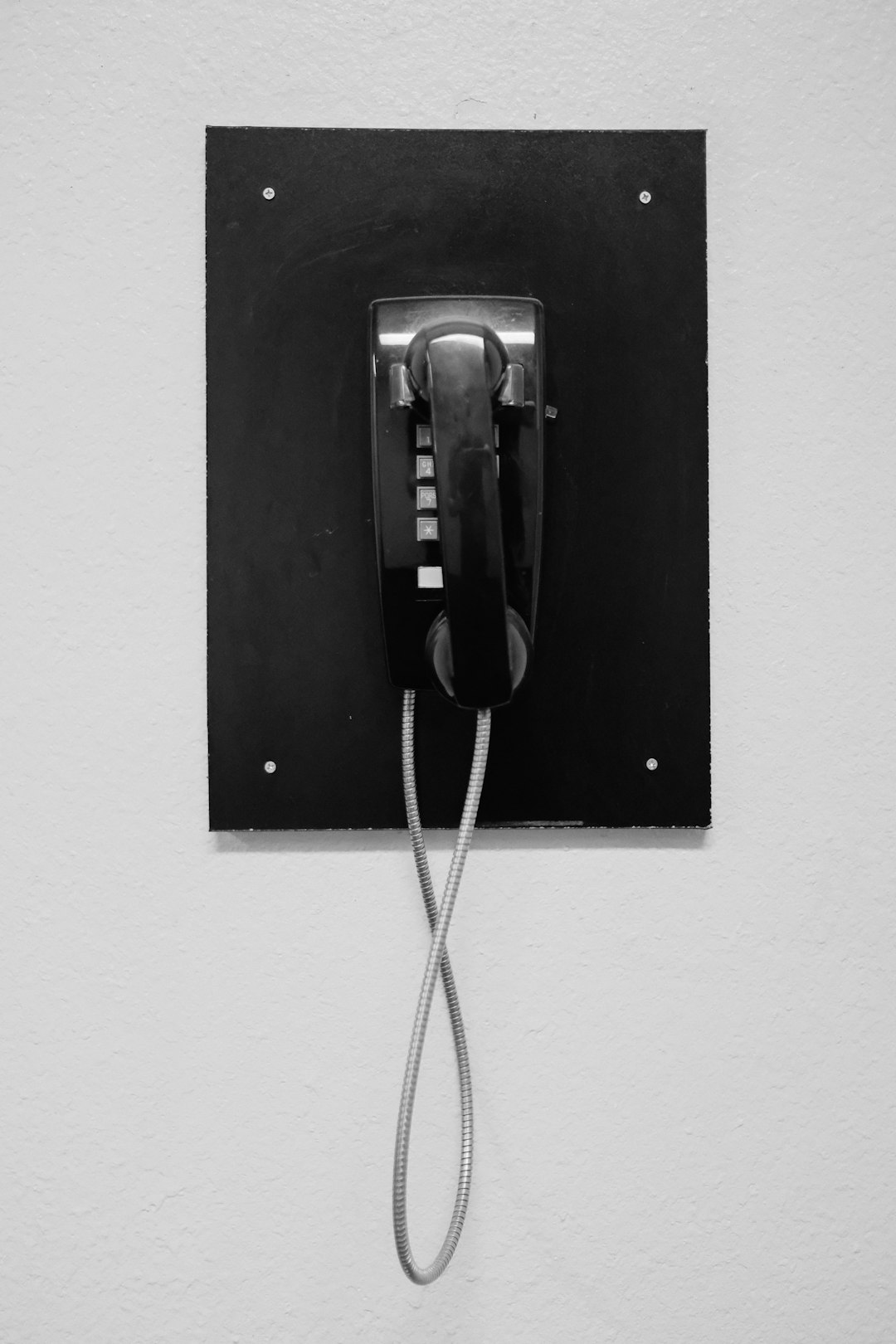Do Not Call laws in Massachusetts empower residents to control unwanted telemarketing calls by registering their phone numbers on the state's official list. Violations, such as persistent or unknown calls, can lead to consumer complaints, damages, and telecom provider intervention. Consumers should record all unwanted calls, file complaints with relevant authorities (Massachusetts Attorney General's Office or FTC), register on the national Do Not Call Registry, and seek legal advice for potential compensation. Adhering to these laws fosters a quieter home environment and protects individual privacy rights.
In Massachusetts, Do Not Call laws are designed to protect consumers from unwanted telemarketing calls. Despite these protections, violations persist, leaving residents with a multitude of rights and resources. This article guides you through understanding these laws, recognizing violations, and exploring consumer remedies available against lawbreakers in Massachusetts. Learn how to take action and reclaim your peace by knowing your rights under the state’s Do Not Call regulations.
Understanding Do Not Call Laws in Massachusetts: Rights and Protections for Consumers

In Massachusetts, Do Not Call laws are designed to protect consumers from unwanted telemarketing calls. Residents who register their phone numbers on the state’s official Do Not Call list have the right to expect that their privacy will be respected. This law grants consumers the power to decide when and how they want to be contacted by businesses and marketing organizations.
By adhering to these regulations, Massachusetts residents can ensure a quieter, more peaceful home environment. The Do Not Call list is a powerful tool that allows individuals to shield themselves from relentless sales calls. It’s important to remember that failure to comply with these laws can result in significant penalties for businesses, making it crucial for both consumers and companies to understand and respect these consumer protections.
Recognizing Violations: How to Identify Unwanted Phone Calls

Recognizing violations of Do Not Call laws is an essential step for consumers protecting their privacy and peace of mind. Unwanted phone calls from telemarketers or sellers can be a nuisance, especially when they persist despite your registration on the Massachusetts Do Not Call list. These lists are designed to prevent just such intrusions by allowing you to opt-out of marketing calls. If you receive calls from unknown numbers or those that have been blocked by your Do Not Call registration, it’s a clear indication of a potential violation.
To identify these violations, listen for common patterns: persistent calls despite your “Do Not Call” status, calls from numbers you don’t recognize, or messages left when you’re unavailable. Massachusetts law offers remedies, including filing complaints with the Attorney General’s office, seeking damages through legal action, and asking telecommunications providers to block recurring offenders. By being vigilant and familiar with these patterns, consumers can better protect themselves and hold perpetrators accountable under Do Not Call laws.
Consumer Remedies: Actions and Resources Available for Do Not Call Lawbreakers

When a company or individual violates Massachusetts’ Do Not Call laws, consumers have several remedies available to them. The first course of action is to document the calls, including dates, times, and any identifying information about the caller. This evidence can be crucial when filing a complaint with state regulators.
Consumers can file a complaint with the Massachusetts Attorney General’s Office or the Federal Trade Commission (FTC). These agencies have the authority to investigate and take action against lawbreakers. Other resources include registering on the Do Not Call Registry, opting out of selling personal information, and seeking legal counsel for damages, including actual expenses incurred and any emotional distress caused by the violation.






